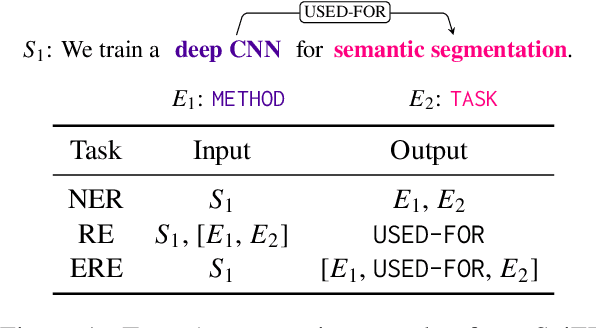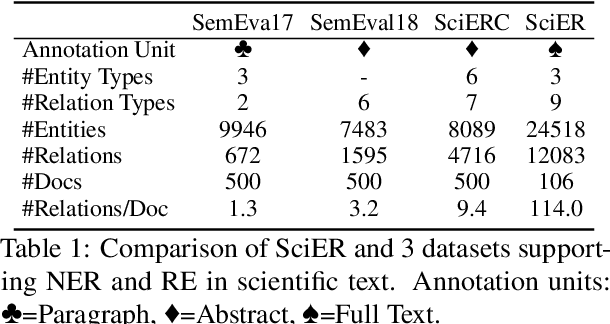Zhijia Chen
DynClean: Training Dynamics-based Label Cleaning for Distantly-Supervised Named Entity Recognition
Apr 06, 2025Abstract:Distantly Supervised Named Entity Recognition (DS-NER) has attracted attention due to its scalability and ability to automatically generate labeled data. However, distant annotation introduces many mislabeled instances, limiting its performance. Most of the existing work attempt to solve this problem by developing intricate models to learn from the noisy labels. An alternative approach is to attempt to clean the labeled data, thus increasing the quality of distant labels. This approach has received little attention for NER. In this paper, we propose a training dynamics-based label cleaning approach, which leverages the behavior of a model as training progresses to characterize the distantly annotated samples. We also introduce an automatic threshold estimation strategy to locate the errors in distant labels. Extensive experimental results demonstrate that: (1) models trained on our cleaned DS-NER datasets, which were refined by directly removing identified erroneous annotations, achieve significant improvements in F1-score, ranging from 3.18% to 8.95%; and (2) our method outperforms numerous advanced DS-NER approaches across four datasets.
SciER: An Entity and Relation Extraction Dataset for Datasets, Methods, and Tasks in Scientific Documents
Oct 28, 2024



Abstract:Scientific information extraction (SciIE) is critical for converting unstructured knowledge from scholarly articles into structured data (entities and relations). Several datasets have been proposed for training and validating SciIE models. However, due to the high complexity and cost of annotating scientific texts, those datasets restrict their annotations to specific parts of paper, such as abstracts, resulting in the loss of diverse entity mentions and relations in context. In this paper, we release a new entity and relation extraction dataset for entities related to datasets, methods, and tasks in scientific articles. Our dataset contains 106 manually annotated full-text scientific publications with over 24k entities and 12k relations. To capture the intricate use and interactions among entities in full texts, our dataset contains a fine-grained tag set for relations. Additionally, we provide an out-of-distribution test set to offer a more realistic evaluation. We conduct comprehensive experiments, including state-of-the-art supervised models and our proposed LLM-based baselines, and highlight the challenges presented by our dataset, encouraging the development of innovative models to further the field of SciIE.
 Add to Chrome
Add to Chrome Add to Firefox
Add to Firefox Add to Edge
Add to Edge